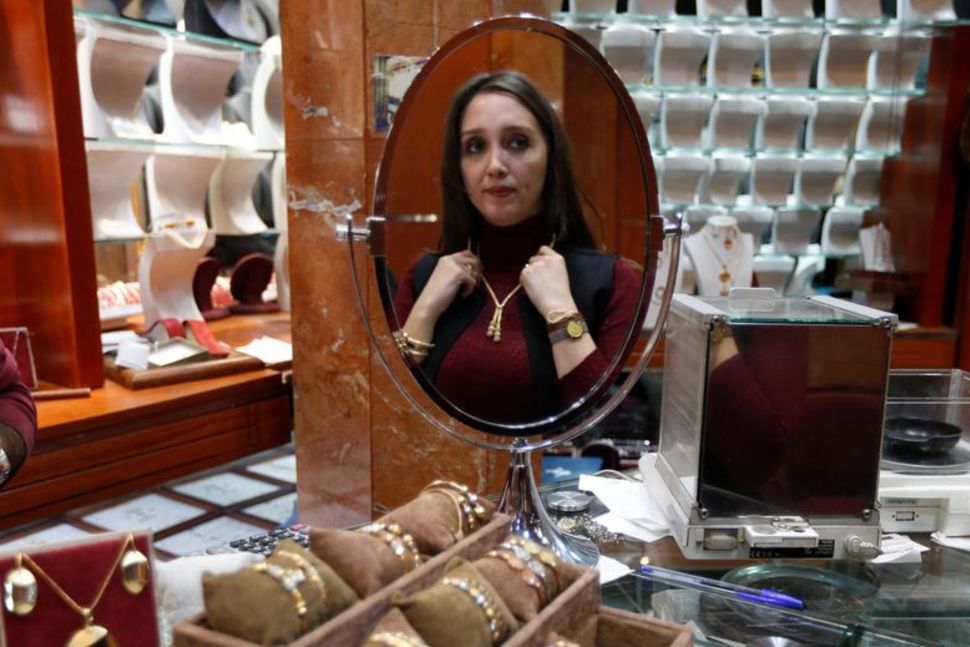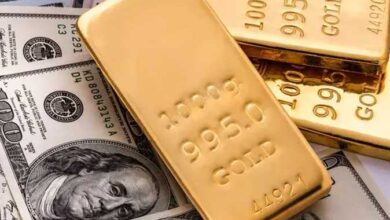
BEIRUT (Reuters) – When she heard Lebanese banks would limit cash withdrawals, Rita, a doctor, rushed out to buy a $10,000 Rolex watch on her credit card, anxious to protect some of her savings. “It’s better than keeping my money in the bank,” she said.
Every week, account holders line up for their quota of cash – for some less than $200 – from their banks, which have also blocked foreign money transfers as Lebanon sinks deep into economic crisis.
Dollar shortages have pushed up prices, the Lebanese pound has slumped on the parallel market and confidence in the banking system has collapsed.
People with savings in the bank are scrambling to get the money out, buying jewelry, cars and land with credit cards or cashier’s checks.
Several people told Reuters they feared even tighter controls, a haircut on their deposits, bank failure or a devaluation of the Lebanese pound, which has been pegged to the U.S. dollar for 22 years.
They asked not to be fully identified due to safety concerns.
The central bank says deposits are safe and pledges to maintain the dollar peg, while the head of the country’s banking association said the limits on withdrawals and other measures aimed “to keep the wealth of Lebanon” in the country.
STASHING CASH AT HOME
Many ordinary Lebanese had already started stashing cash at home months before protests erupted in October against the ruling elite that plunged Lebanon into its worst crisis in decades.
In the capital, Beirut, staff at several jewelry stores said customers had poured in recently looking to buy gold and diamonds, sometimes to sell them abroad, though most jewelers are now only accepting cash.
At a Rolex store in the city, sales will only be made if half the payment is in cash in U.S. dollars, an employee said.
When the crisis first began to bite, Lucy, a housewife in her 60s, worried about the money her late husband had left her. She and her daughters pooled all the cash they could get and bought $50,000 worth of gold, hiding it at home.
“It’s my father’s life savings. I don’t want to keep a single penny in the bank,” one of the daughters said.
An advisor at a Beirut auction house, who asked to remain anonymous, said she was fielding daily calls from people who want to “put their money into paintings instead of in the bank.”
“For the first time, I’m getting calls from people who don’t know anything about art,” she said.
Abdallah, a doctor in his 50s, bought three cars worth more than $80,000 with a cashier’s check.
His bank only allows him to withdraw $100 a week and he fears the controls could be further tightened. “I have no trust in the bank,” he said.
Reporting by Ellen Francis; Additional reporting by Dala Osseiran; Editing by Helen Popper
Image: A woman is reflected in a mirror as she tries on a necklace at a jewelry shop in Beirut, Lebanon January 24, 2020. REUTERS/Mohamed Azakir




